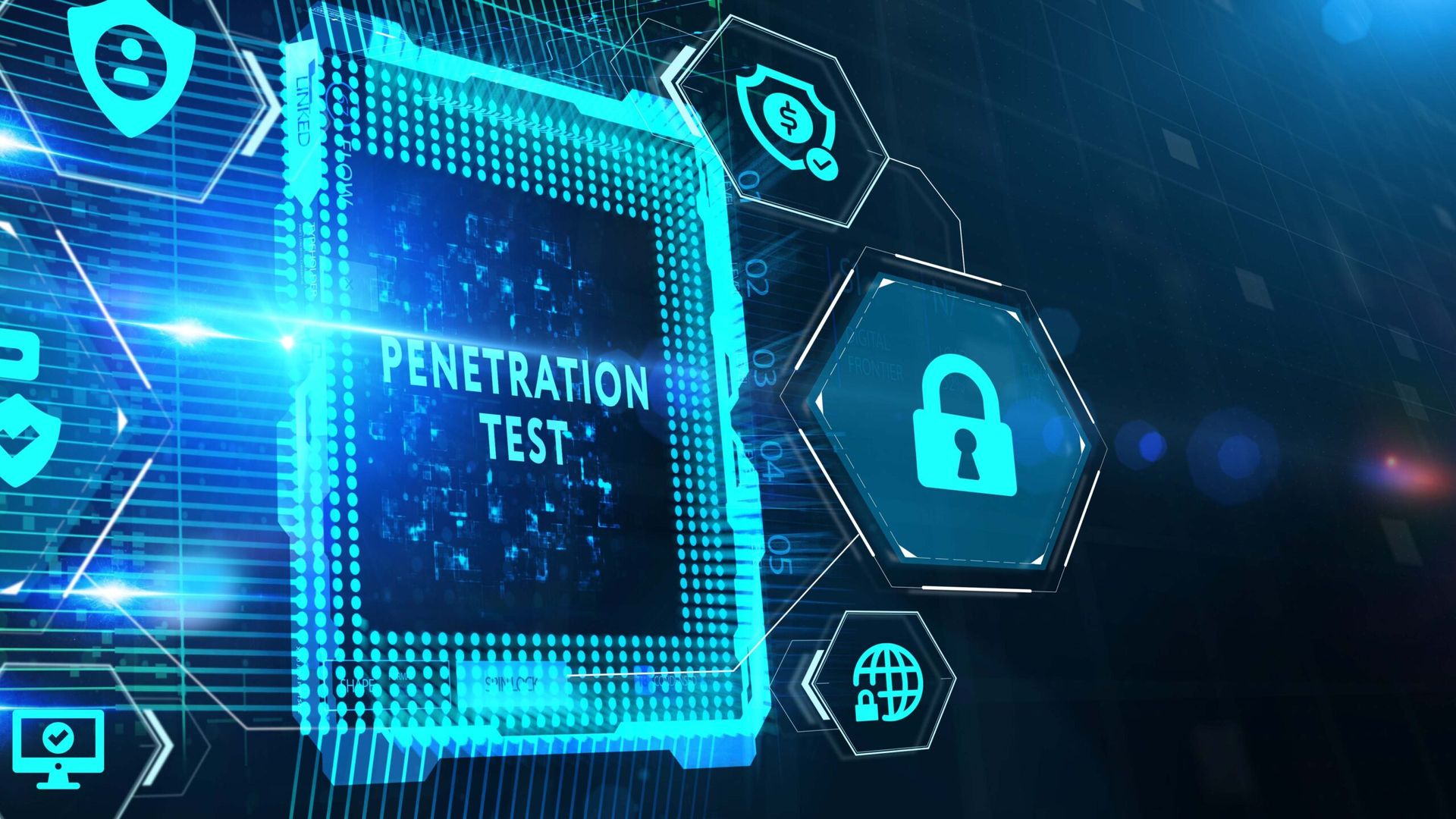
In June, I attended an OIX Workshop in London on this subject. The workshop was led by Don Thibeau of the Open Identity Exchange and Distributed Ledger foundation and was held in the Chartered Accountants’ Hall, Moorgate Place, London.
Blockchain and Distributed Ledger Technology (DLT) is often associated with crypto-currencies like Bitcoin. However, it has a much wider applicability and holds the potential to solve a wide range of challenges. Whenever a technology is evolving, the governance is often neglected until there are incidents requiring greater participation of involved parties and regulators to define operating guidelines. Governance is a wider subject and covers markets, laws and regulations, corporate activities as well as individual projects, the workshop covered many of these areas.
One question that often arises while evaluating or adopting a new technology is whether the existing legal framework is sufficient to protect your interests. According to the technology lawyer Hans Graux (time.lex) existing EU legislation on electronic signatures works well for blockchain. However, where blockchain is sold as technology there is no guarantee of governance to it back up. EU law allows the prohibition of electronic contracts for certain forms of transaction (e.g. real estate) so there are regional variations to the applicability of blockchain within EU. Some countries have created laws but, in his opinion, these are intended to show that these countries are open for business rather than because they are needed. He recommended that organizations should take a risk-based approach, similar to that for GDPR to gauge their readiness for blockchain and document the risks arising from an early adoption of blockchain as well as the controls required to manage these risks.
There was a panel on Smart Contracts and the legal framework surrounding the Smart Contracts. A key takeaway from the panel was the fact that Smart Contracts are not deemed legal contracts and so how can Smart Contracts be made legally enforceable? Tony Lai (CodeX & Legal.io) outlined the Accord project from the CodeX Stanford Blockchain Group. The initial focus of this group is in the areas of:
1. Regulatory frameworks and ethical standards around token generation events (also known as ICOs or Initial Coin Offerings);
2. Legal issues and opportunities presented by blockchain technologies and their intersection with existing legal frameworks;
3. Smart contracts and governance design for token ecosystems; and
4. Legal empowerment and legal services use cases for blockchain technologies.
The panel then discussed the ‘Pillars of Trust’ – Governance, Identity, Security and Privacy in DLT. During this panel Geoff Goodell (UCL) provided an interesting set of perspectives including the need for people to have multiple identities. He described how electronic funds transfer systems provide best surveillance network in the world. He stated that it is only now coming to the point where the risks associated with linking peoples’ activities is becoming clear. To ensure privacy only the minimum information needed should be required to be disclosed. Systems need to be accountable to their users. DLTs are not immutable – the people in control can decide to make changes (for example a code fork) in a way that is unaccountable. Peter Howes then discussed the evidentiary value of IoT data – he expressed the view that Blockchain will not obviate disputes but will reduce the number of areas for dispute.
During the afternoon some Real-World Use-Cases for blockchain and DLT were discussed:
Laura Bailey (Qadre & British Blockchain Association) – described how Qadre has developed their own blockchain system “PL^G”and how this is being prototyped for pharmaceutical anticounterfeiting in support of the EU Falsified Medicines Directive.
Jason Blick (EQI Trade) described how they are aiming to launch the world’s first offshore bank that bridges fiat and cryptocurrencies using blockchain technologies. He announced that they will shortly launch KYC blockchain based system EQI Check.
Brian Spector (Qredo) described a Distributed Ledger Payments Platform for the telecoms industry. This could not use proof of work because of the compute overhead instead they will use the network with a “proof of speed” consensus algorithm.
KuppingerCole is actively researching blockchain and DLT including its applications to identity, privacy and security. Recently at EIC (European Identity & Cloud Conference), in Munich there were several workshops and sessions devoted to practical implementations of blockchain. In the opening keynote at EIC, Martin Kuppinger described the areas where Blockchain technology has the potential to help to solve real-world identity challenges. There are already so many KYC (Know Your Customer) use cases based on Blockchain with valid business models that this is now a reality or at least close to becoming one. Blockchain also has the potential to simplify authentication by having various authenticators and IDs associated with a wallet. Its application to authorization, privacy and smart contracts also has obvious potential.
However, a practical realization of these potentials requires trustworthiness which takes us back to the question of governance. Good governance remains vital to avoid traditional challenges of DLT and to ensure that these inherent problems are not exacerbated in blockchain implementations due to a lack of governing principles.
Mike Small is a senior analyst at KuppingerCole. Read more KuppingerCole blogs here.




